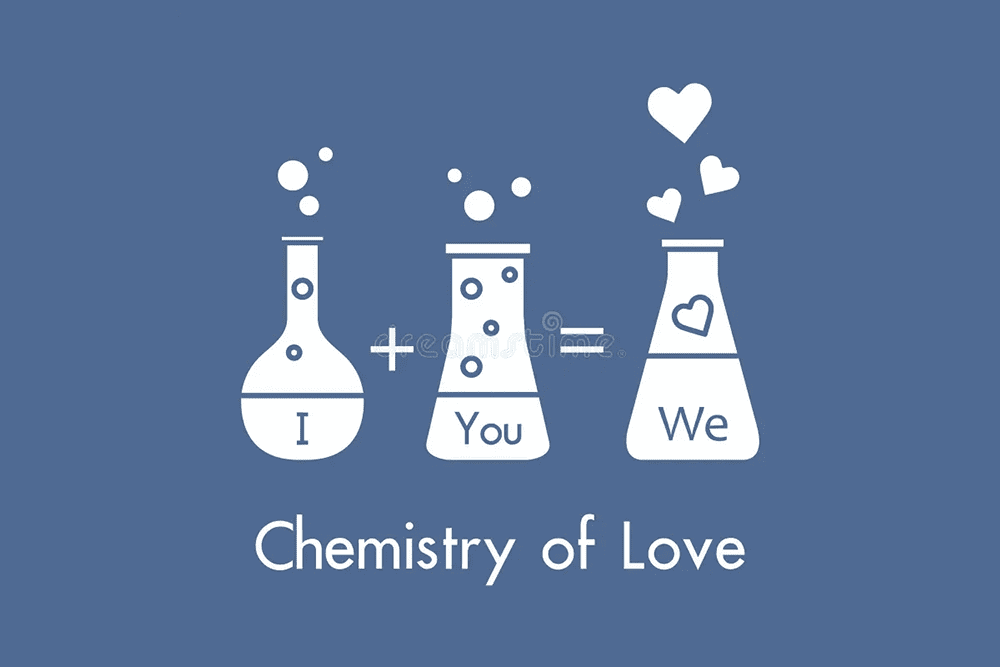No products in the cart
Chemistry of Love: Unraveling Attraction’s Science

The chemistry of love and attraction is a fascinating subject that has been extensively studied by experts in various scientific fields. Understanding the underlying mechanisms of attraction can shed light on the profound emotional and physiological experiences that occur when individuals fall in love.
Research in the field of neuroscience has shown that when people are attracted to someone, their brains release a cocktail of neurochemicals, including dopamine, oxytocin, and serotonin. Dopamine, often referred to as the “feel-good” neurotransmitter, is associated with pleasure and reward. It plays a crucial role in the initial stages of attraction, creating a sense of euphoria and excitement when around the object of affection.
Oxytocin, often called the “love hormone” or “bonding hormone,” is released during physical touch, such as hugging, kissing, or intimate contact. It fosters emotional attachment and trust between individuals.
Serotonin levels are also influenced by romantic attraction. When love is reciprocated, serotonin levels tend to rise, contributing to feelings of well-being and contentment.
Additionally, studies have shown that physical attraction is influenced by a range of factors, including facial symmetry, body odor, and pheromones. Evolutionary psychology suggests that these traits may have developed as indicators of genetic fitness and compatibility.
Furthermore, psychology plays a significant role in attraction. Shared interests, values, and personality traits often contribute to the development of romantic feelings and long-term compatibility.
Overall, the chemistry of love is a complex interplay of biological, neurological, and psychological factors. While scientific research continues to unravel the intricacies of attraction, it is clear that love and attraction are not merely emotions but rather a fascinating interplay of hormones, neurotransmitters, and interpersonal dynamics that make them one of the most captivating aspects of human existence.